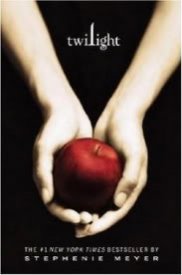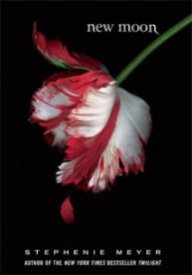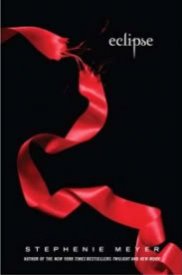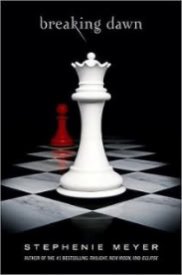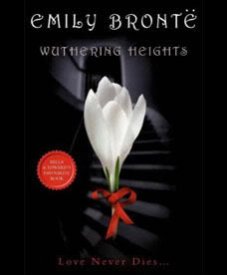As A Teacher ofWuthering Heights, I.....
As A Teacher of Wuthering Heights, I.....can understand the negative reactions of some readers at this Book & Reader Forum. I wrote the following prose-poem about Emily Bronte and her work. I post it here for the possible pleasure of readers.-Ron in Australia

----------------------------
A VISION OF ONENESS
Emily Bronte seemed to be obsessed with what she called her Gondal Poems which she began collecting together in February 1844. This obsession continued right through the publication of Wuthering Heights in 1847 until May 1848. Her poems were about imaginary heroes and heroines and contained a vision of oneness. It was this vision that she sought to communicate in her poetry. These poems and their themes provided a retreat for Emily’s imagination, for her fantasy. They became a necessity for her life. They were a “benignant power” a “solacer of human cares” and a “brighter hope when hope despairs.” -Ron Price with thanks to Juliet Barker, The Brontes, Weidenfeld and Nicholson, 1994, pp.435-6.
You started collecting your poems
the same month Samandar was born,
the great Apostle of Baha’u’llah,
one of the many heros and heroines
of the Cause. You finished just before
the Conference of Badasht with the Bab
in the fortress of Chihriq. And now my
imagination has a home among these
saints and martyrs that is a “benignant
poer”, a “sure solacer of human cares”
and a “brighter hope when hope despairs.”1
You died when the siege of the Shrine of
Shaykh Tabarsi began: aged thirty, as tough
as boot leather, an unbending spirit, proud
endurance, gifted soul, genius of liberated
mind and tranquil spirit: perhaps your spirit
was at Tabarsi!2
1 ibid., p. 436.
2 Emily Bronte had “a vision of the essential oneness of life which she gradually and haltingly communicated in her poetry.”(Winifred Gerin, Emily Bronte, Clarendon Press, Oxford, 1997, p.149. She died on 19 December 1848 the same day as the siege on Tabarsi began.
Ron Price
26 October 1999
